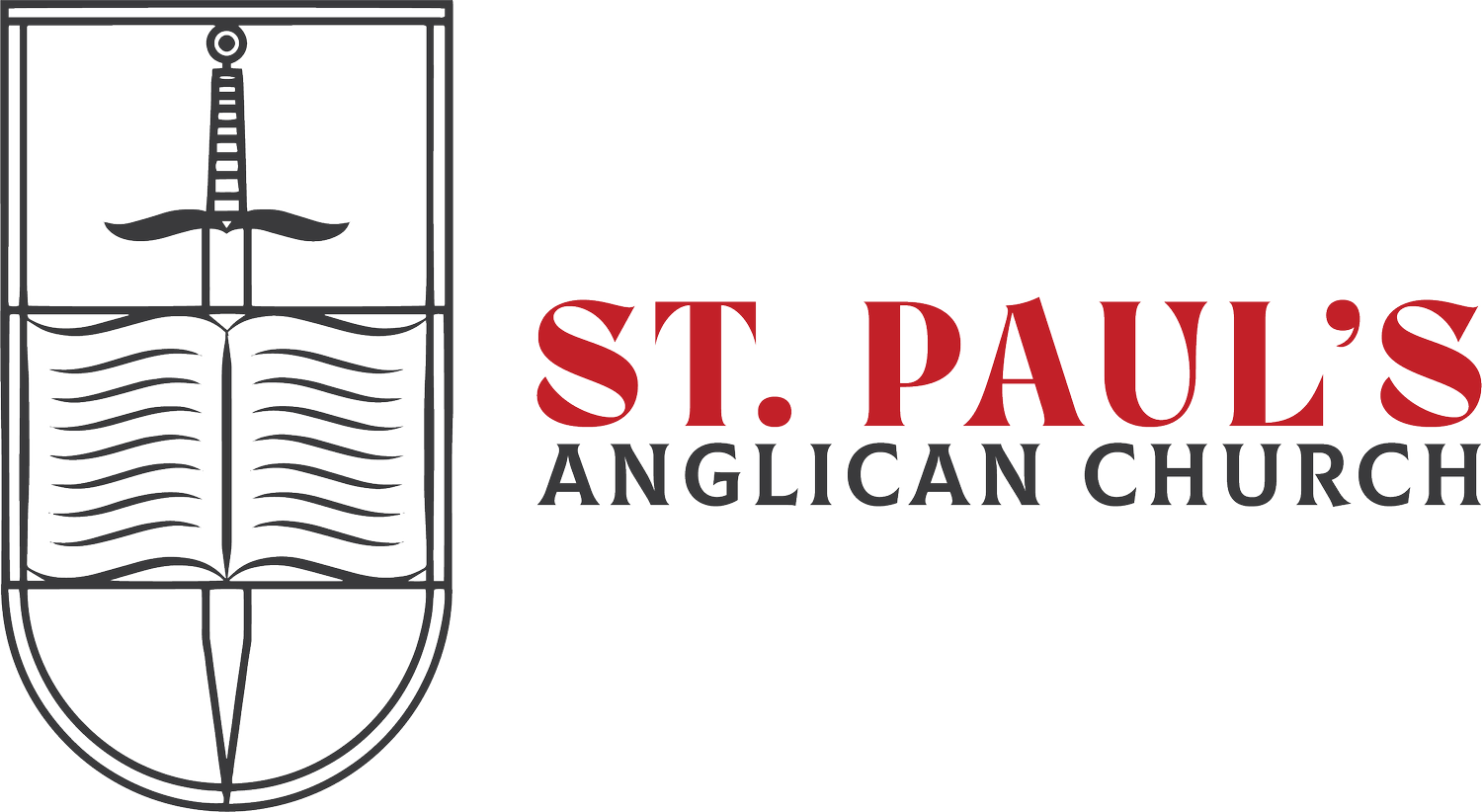Reflection: On Scripture and Tradition
By Dcn. David Hodil
In a recent Bible study, we had a great conversation about the role of tradition in the Church doctrinal views. This is a critical topic and so I want to briefly reflect about one of the Church’s most sacred traditions: Holy Scripture.
Within the history of the Church of England’s treatment of Scripture, there are two poles: Puritan and Anglican. The Puritan view of Scripture is that the Bible stands alone and is self-authenticating. That is to say that God superintended the writing and transmission of the Bible to us today, and that individual believers know the Bible to be the Word of God. The Westminster Confession of Faith which is a Presbyterian document that influenced some Puritans in England, states it this way: “The authority of the holy Scripture, for which it ought to be believed and obeyed, dependeth not upon the testimony of any man or church, but wholly upon God (who is truth itself), the Author thereof; and therefore it is to be received, because it is the Word of God.”
Let’s examine this statement. It presupposes that you know what is contained in the Holy Scriptures. In other words, it assumes a stable canon of authoritative books. I know most will roll their eyes and say, “W know what books are in the Bible!” but do we really? There are many books that vied for canonicity that are very old—some much older than most of the established New Testament. Yet Christians today do not consider these books canonical, even if they may clarify details about the life of the Early Church.
The Presbyterian theologians behind the Westminster Confession and their Puritan counterparts held to a 66-book canon, leaving out the Deuterocanonical/Apocryphal books (for a list of the Deuterocanonical books, see Article 6 of the 39 Articles). There isn’t enough space to deal with that topic except to say that our tradition states that we should read these books “for example of life and instruction of manners.” But this strikes at the heart of the issue: our Mother The Church, One, Holy, Catholic and Apostolic, delivered to us the oracles of God. She wrote, edited, preserved, preached, and proclaimed the Word of God. Our Lord did not pen or even authorize a single book during His earthly ministry. He left that work to the Apostles and their successor Bishops to do. Paul tells us as much in I Timothy 3:15 when he states that “the church of the living God” is “the pillar and ground of the truth.”
What this means is that Anglicans, counter to the Puritans, do not come to the Bible in a vacuum. The Church teaches us that the Bible is the Word of God. The Scriptures, next to the sacraments of Eucharist and Baptism, is the greatest of all our traditions, at least in my opinion. My own personal testimony is that I was taught that the Bible was the Word of God by my mom, dad, and Rev. Phillips at Kent Island United Methodist church and I am deeply thankful for that.
The Scriptures are a powerful witness to God and his work in space and time (Heb. 4:12). While it may be that many writers are inspired to speak truth, the Church, the pillar and foundation of the truth, has spoken and authoritatively recognized these books as canonical for us. And so, we approach Scripture not in a vacuum but through the teachings of the Church.

